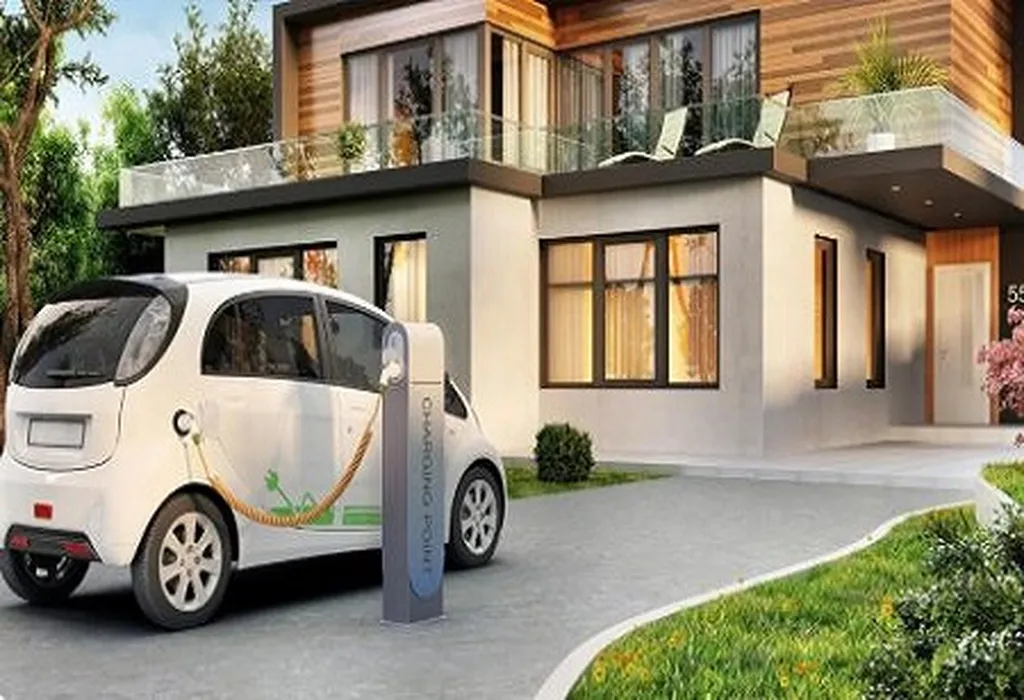In the rapidly evolving landscape of electric vehicles (EVs), the integration of Internet of Things (IoT) technology is emerging as a game-changer for smart charging management. A recent study published in the journal “Future Generation Computer Systems” (translated to English) and led by Tripti Kunj from the Department of Electrical Engineering at Gautam Buddha University, Greater Noida, India, sheds light on how IoT is revolutionizing the way we manage EV charging infrastructure.
The study highlights that the rapid expansion of EVs has necessitated significant advancements in charging infrastructure to support sustainable transportation. IoT technology is at the forefront of this transformation, enhancing operational efficiency, energy management, and user experience. Real-world implementations, such as Tesla’s predictive maintenance systems and Enel X’s JuiceNet for smart charging, demonstrate the tangible benefits of IoT integration. These include improved battery health monitoring, reduced charging downtime, and enhanced grid interaction.
“IoT technology enables real-time monitoring and energy optimization, which are crucial for the efficient operation of EV charging stations,” Kunj explains. “This not only improves the user experience but also contributes to the overall sustainability of electric mobility.”
One of the most compelling aspects of the study is the exploration of the synergy between IoT and renewable energy sources. By integrating solar power with IoT-enabled charging stations, the study suggests a pathway to further optimize charging efficiency and minimize environmental impact. This integration could have significant commercial implications for the energy sector, as it opens up new avenues for renewable energy utilization and grid stabilization.
However, the study also identifies several challenges that need to be addressed. Cybersecurity risks, interoperability barriers, and the lack of communication protocol standardization are significant hurdles that could impede the widespread adoption of IoT in EV charging management. “Adaptive algorithms and machine learning models are essential for predictive maintenance and efficient resource allocation,” Kunj notes. “These technologies can help overcome some of the current challenges and pave the way for a more resilient and intelligent EV charging ecosystem.”
The study serves as a key reference for policymakers, researchers, and industry leaders aiming to develop resilient and intelligent EV charging ecosystems. As the world moves towards a more connected and sustainable future, the insights from this research could shape the development of next-generation EV charging infrastructure, ultimately contributing to a more efficient and environmentally friendly transportation system.
In the words of Kunj, “The future of EV charging management lies in the seamless integration of IoT technology, renewable energy sources, and advanced data analytics. This will not only enhance the user experience but also drive the transition towards a more sustainable and connected electric mobility future.”

